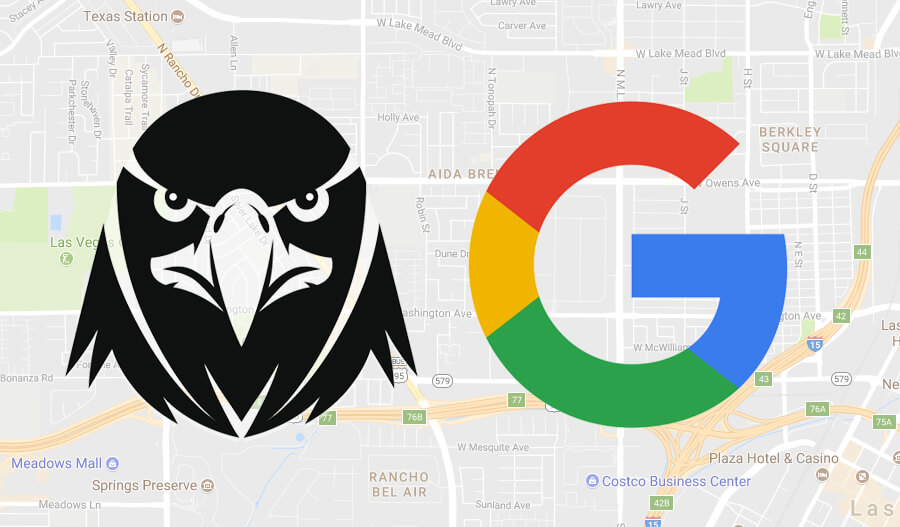Published on: September 26th, 2017 | Author: 411 Locals | Category: Google
Reading Time: 2 minutes
Apparently, there was an algorithm update at the end of August that impacted the local results. It didn’t affect the non-local organic results. This update is what we dedicate the post of 411 Locals to.
Here is what changed:
Changes occurred in the way of work of the local filter. The history here is that Google actively filters listings from the local results, which look similar to listings that have already ranked. Google chooses the most relevant listing, filtering the rest. This is much like what they do with the duplicate content organically. (Note: Google usually does not confirm algorithm updates, but usually only says that it comes up with several updates every day. These observations, however, are based on the way local results have changed rather than on an official announcement or acknowledgement.)
This filter has existed for some time and helps to make sure the search results are not monopolized by several listings for the same company. In September last year, another update made a significant change to the way of work of this filter. It didn’t just filter listings with the same phone number or website but also listings physically located near one another.
This became extremely problematic for businesses as it meant that of two businesses that were in the same building or even one block apart, one could get filtered out of local search results. Meaning that the competition could inadvertently bump your listing.
(more…)
Published on: September 13th, 2017 | Author: 411 Locals | Category: Google, How To's and Guides, SEO
Reading Time: 4 minutes
Today’s topic of 411 Locals is what Google considers to be low-quality pages and what SEOs and marketers should do to avoid them. Let’s start by saying what constitutes quality according to this search engine:
- Unique content that is more than different words and phrases. The content should also provide value.
- Lots of external sources editorially linking to a page. If a page is reference-worthy, it must be high-quality.
- The page must be referenced by other high-quality pages, not just sources or domains linking to this. The links can be internal or external.
- The page should successfully answer the query of the searcher. How does Google know this? When someone searches for something, they perform the search and then click on a link. If the results are not satisfying to the searcher, they will click back and choose a different result. This is how Google learns a page does not answer the searcher’s query, especially if it happens a lot.
- High speed of loading.
- High quality accessibility and intuitive user design and experience on any device – desktop, laptop, mobile, tablet.
- Content that is grammatically correct and well-spelled.
- The non-text content should have text alternatives. For this reason, Google encourages the use of the alt attribute.
- Content which is organized well and is easy to understand and consume. Trust us, they have their ways of knowing this.
- Content which points to additional sources where from to get more information, follow-up on tasks, or cite sources. What does this are links externally from a page.
The list above is far from exhaustive, but it contains some of the things which tell Google which pages are high quality and which are not.
How SEOs and marketers filter pages on sites to identify whether their quality is high or low.
Here’s what you should NOT overestimate the importance of: (more…)




